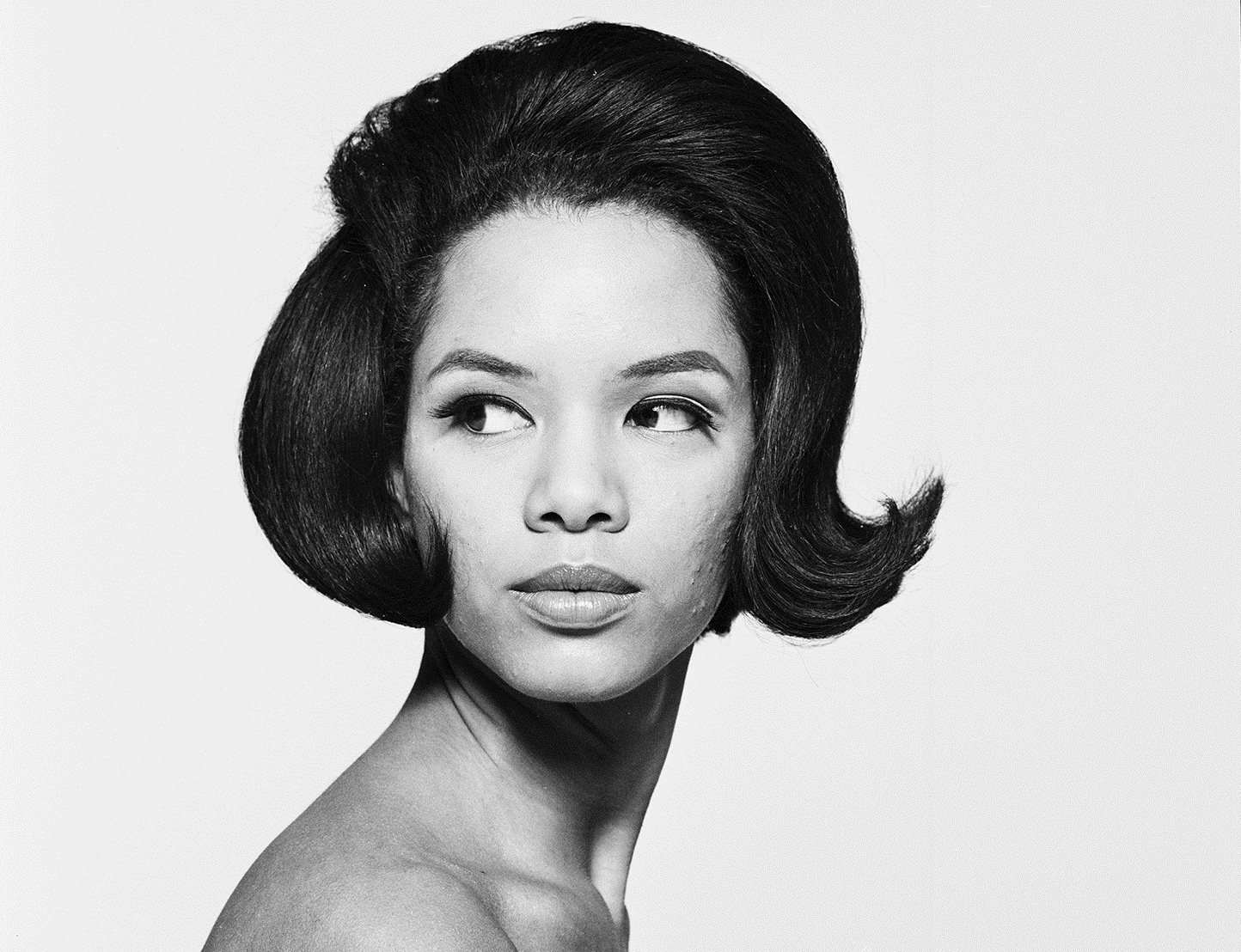Theaster Gates
Black Madonna
The creative practice of Theaster Gates (b. 1973) ranges from urban interventions and performance pieces to pottery. He is the lead singer of the band The Black Monks of Mississippi and has been appointed the first distinguished visiting artist and director of artist initiatives at the Lunder Institute for American Art, which is part of the Colby College Museum of Art. An urban planner by training, he rose to renown with Dorchester Projects, an urban redevelopment endeavor on Chicago’s impoverished South Side that he has described as «real estate art». His work continually aims to bridge the gulf between art and society and establish cultural communities as a way of initiating social, political, architectural, and urban change. At the 2013 Art Basel, he presented 100 marble slabs from the bathrooms of a bank building slated for demolition that he had inscribed with the words «In Art We Trust»; transformed into bank bonds, they helped raise funding for the Stony Island Arts Bank cultural center. Since then Gates has widely been recognized as a leading voice in contemporary art.
The artist sees himself as a collector of collections and archives, especially of America’s black culture. He is especially interested in forgotten objects, images, and themes, which he integrates into his own creative practice. As a collector of marginalized and obscure archives, Gates will join the Kunstmuseum Basel in a critical engagement with the museum’s Eurocentric collection that will broach fundamental questions concerning its spatial and organizational structures.
In his exhibition at the Kunstmuseum Basel, which will be spread out across two of the museum’s venues, Gates will explore the cult of the Black Madonna, examining both its significance in the history of religion and its aesthetic and metaphorical tenor.
The presentation at the Kunstmuseum Basel | new building will showcase his work, some of it created specifically for the occasion. He will also build a shrine of sorts to the Black Madonna that will enter into a critical dialogue with the venue’s architecture and the art in the collections. The making of objects, Gates argues, is always also a social intervention, since the spheres of artistic and political agency are inextricably interconnected. By contrast, the installation at the Kunstmuseum Basel | Gegenwart will turn the museum space into a site of creative production. The artist will set up a temporary sound studio and printing workshop, where he will work with his personal archives, with a focus on the photography archives of Ebony and Jet Magazine, two iconic publications that have been vital media of black culture in America.
Collaborations with artists, architects, researchers, and musicians are an integral part of Gates’s work. For his time in Basel, he has drawn up an extensive program of events that will activate the exhibition as a platform for contemplation, concerts, research, and public debates. Expanding beyond the Kunstmuseum, he will also launch joint projects with other local institutions including Jazzcampus Basel, the Basler Papiermühle—Swiss Museum for Paper, Writing and Printing, and the Basler Münster.
The exhibition is supported by:
- Novartis international AG
- Fonds für künstlerische Aktivitäten im Museum für Gegenwartskunst der Emanuel Hoffmann-Stiftung und der Christoph Merian Stiftung
- Trafina Privatbank AG
- Stiftung für das Kunstmuseum Basel

